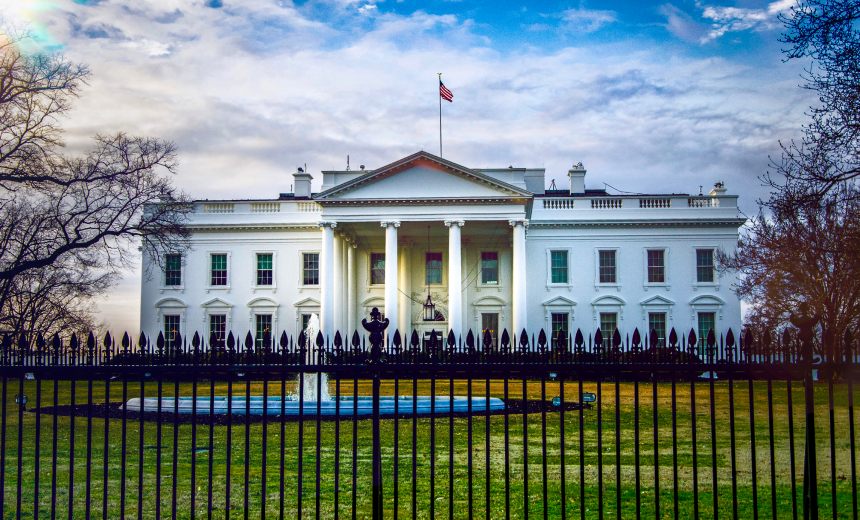Cyberwarfare / Nation-State Attacks
,
Fraud Management & Cybercrime
U.S. and Chinese Leaders Discuss Global Security Issues in Wide-Ranging Call

U.S. President Joe Biden and Chinese President Xi Jinping held a bilateral phone call Tuesday to discuss a wide range of regional and global security issues – including threats associated with advanced technologies, according to senior administration officials.
The phone call was the first that the American and Chinese leaders have shared since July 2022. That call preceded a meeting in Bali later that year and a 2023 summit in Woodside, California. Tuesday’s call comes amid reports from the U.S. intelligence community and federal cyber authorities that Chinese hackers have moved beyond attempting to infiltrate critical infrastructure systems to pre-positioning for opportunistic attacks (see: Chinese Hackers Preparing ‘Destructive Attacks,’ CISA Warns).
Biden was expected to bring up “preventing advanced U.S. technologies from being used to undermine our national security,” one senior administration official told reporters ahead of the call. Another official said the two would use the call to continue working toward outcomes on the objectives outlined at the Woodside summit, where Biden committed to preventing the misuse of American technology in a way that could harm national security.
The Biden administration has taken a series of actions to counter Chinese misuse of U.S. technologies in recent years, including establishing a task force focused on preventing advanced U.S. technology from reaching repressive regimes (see: US Takes Aim at Illicit Advanced Technology Reaching China). The White House in August limited corporate investment in Chinese companies that develop advanced technologies, including artificial intelligence (see: US Restricts Investment in Chinese AI, Other Technologies).
Officials told reporters ahead of the call that the administration is working toward a “U.S.-China dialogue in the coming weeks aimed at managing the risks and safety challenges posed by advanced forms of AI
The dialogue will allow both countries to better understand each other’s approaches to managing the risks associated with artificial intelligence applications and “to communicate about particular areas of concern,” the official said.
The U.S. and China co-sponsored the first-ever AI resolution to be voted on by the United Nations General Assembly in March, in a rare move potentially signaling room for cooperation between the two global superpowers (see: UN Adopts US-Led International AI Safety Resolution).
